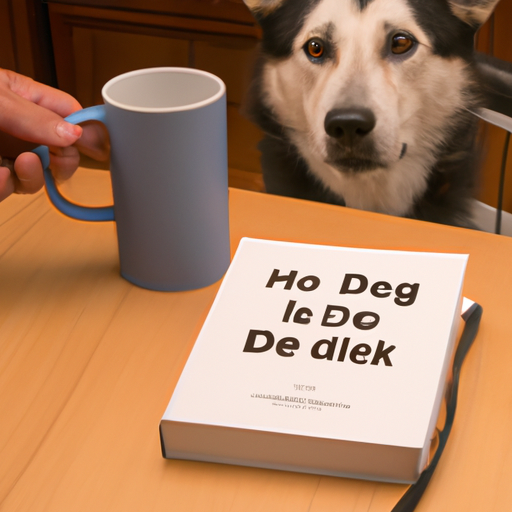Being a caregiver for your four-legged friend is a rewarding, yet at times, challenging role. In this guide, we’ll equip you with the knowledge needed to identify and treat dehydration in your dog, right from the comfort of your home.
1. Recognizing Dehydration in Dogs
Just like humans, dogs too can get dehydrated. Dehydration in dogs is often a symptom of other illnesses and can be fatal if not treated promptly.
- Dry nose and gums: A dog’s nose and gums should be wet and moist. If they’re dry, it might be a sign of dehydration.
- Loss of skin elasticity: Gently pinch your dog’s skin. If it doesn’t quickly spring back, your dog could be dehydrated.
- Sunken eyes and lethargy: If your dog is not as active as usual and has sunken eyes, it may be dehydrated.
2. Causes of Dehydration in Dogs
Understanding the causes can better equip us to prevent dehydration in our dogs.
- Excessive heat: Dogs can get dehydrated on hot summer days, especially if they’re active and not drinking enough water.
- Vomiting and diarrhea: These illnesses can cause a dog to lose more fluid than they’re taking in, leading to dehydration.
- Fever and infection: These conditions can also cause dehydration.
| Cause | Prevention |
|---|---|
| Excessive heat | Ensure plenty of fresh water and shade |
| Vomiting and diarrhea | Seek veterinary advice |
| Fever and infection | Regular check-ups and vaccinations |
3. Treatment of Dehydration in Dogs at Home
If you suspect your dog is dehydrated, here are some steps you can take:
- Provide fresh water: Always keep a bowl of fresh water available for your dog.
- Use electrolyte-enhanced water: These can help replenish lost minerals and speed up the rehydration process.
- Avoid giving your dog human sports drinks: These can potentially harm your dog due to their high sugar content.
- Seek veterinary advice: If your dog’s condition does not improve or worsens.
4. When to Seek Professional Help
Despite your best efforts, there are times when professional help may be needed. If your dog exhibits any of the following, promptly consult a vet:
- Continues to vomit or have diarrhea
- Is lethargic and unresponsive
- Shows no interest in drinking water
5. Frequently Asked Questions (FAQ)
Q: How much water should my dog drink daily?
A: Typically, a dog should drink about an ounce of water per pound of body weight each day.
Q: Can I give my dog a human electrolyte drink?
A: It’s best to avoid as these drinks can contain too much sugar.
Q: I’ve done everything, but my dog is still dehydrated. What should I do?
A: It’s best to consult with your vet immediately in such scenarios.
Remember, as a caregiver, you play a vital role in your dog’s health and happiness. Stay aware, stay informed, and here’s to many happy, hydrated days with your furry friend!



